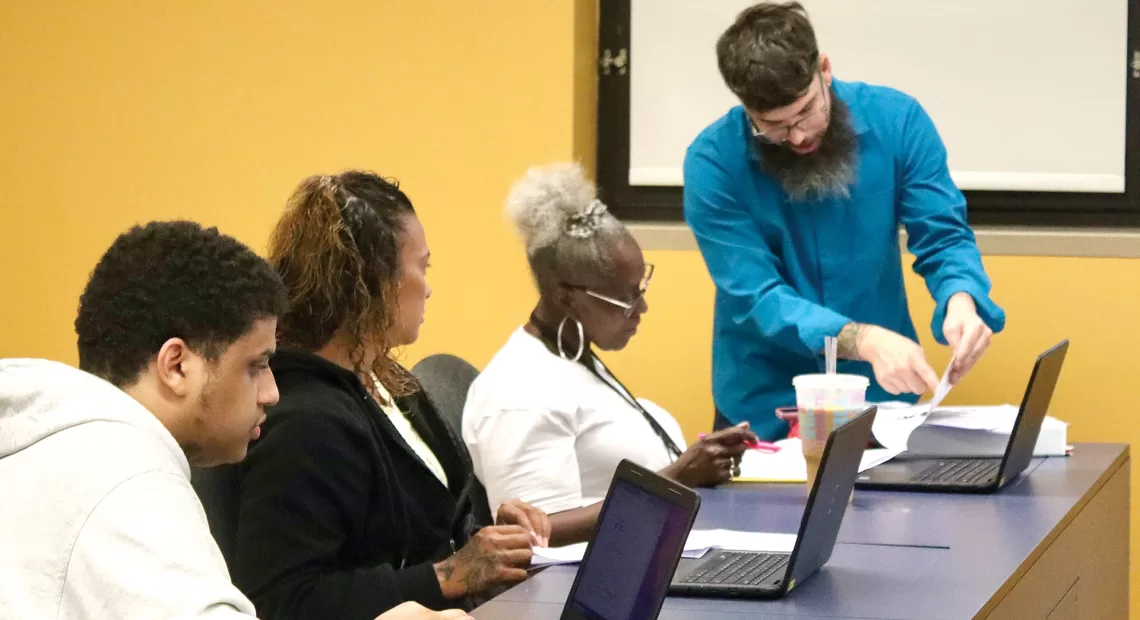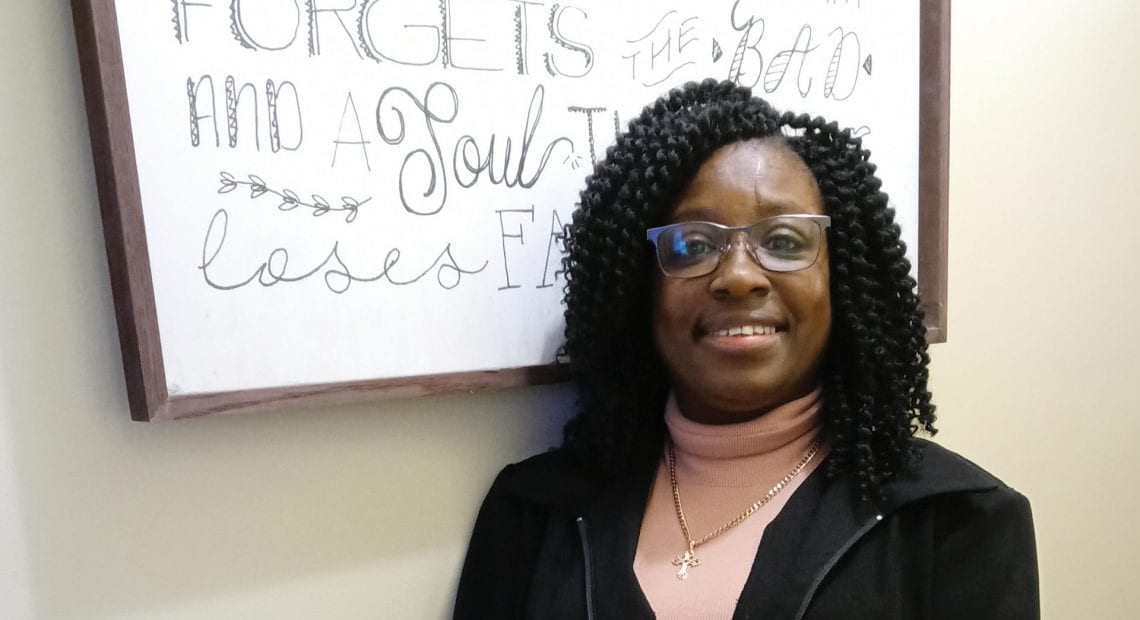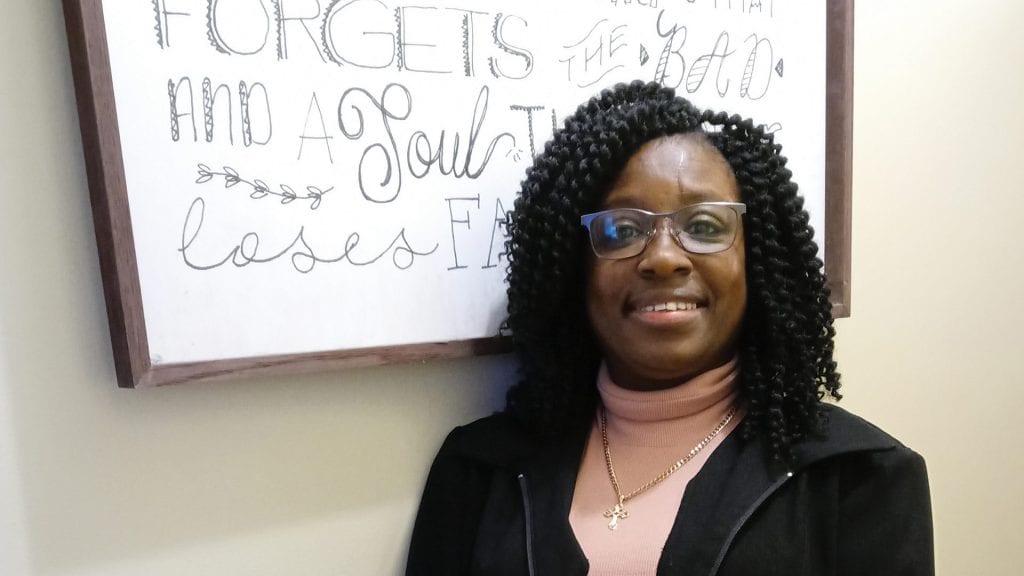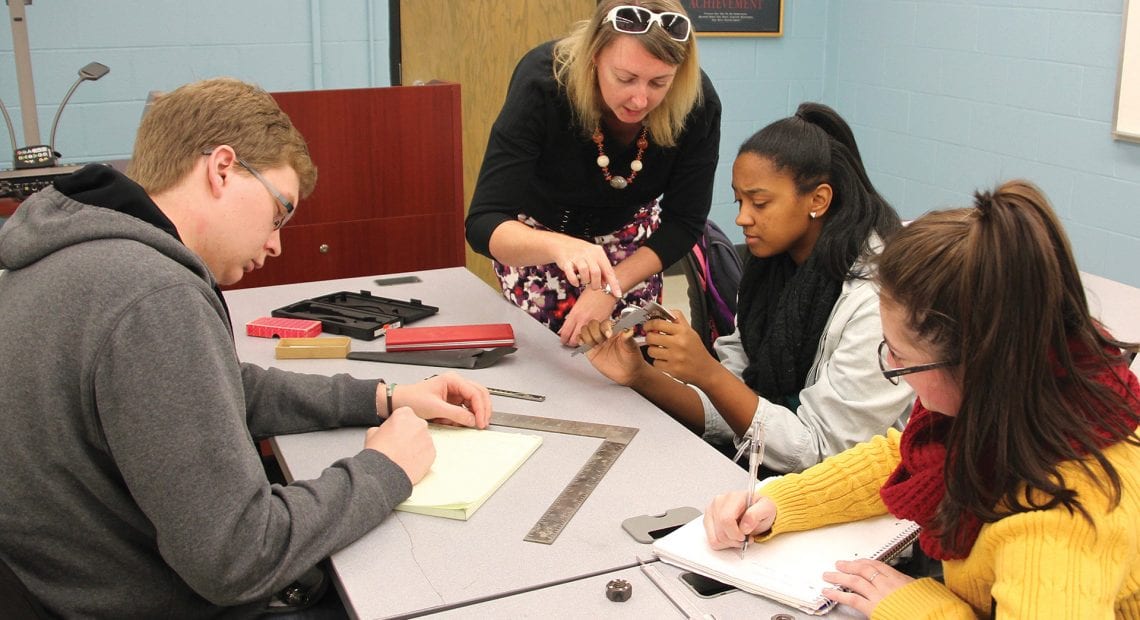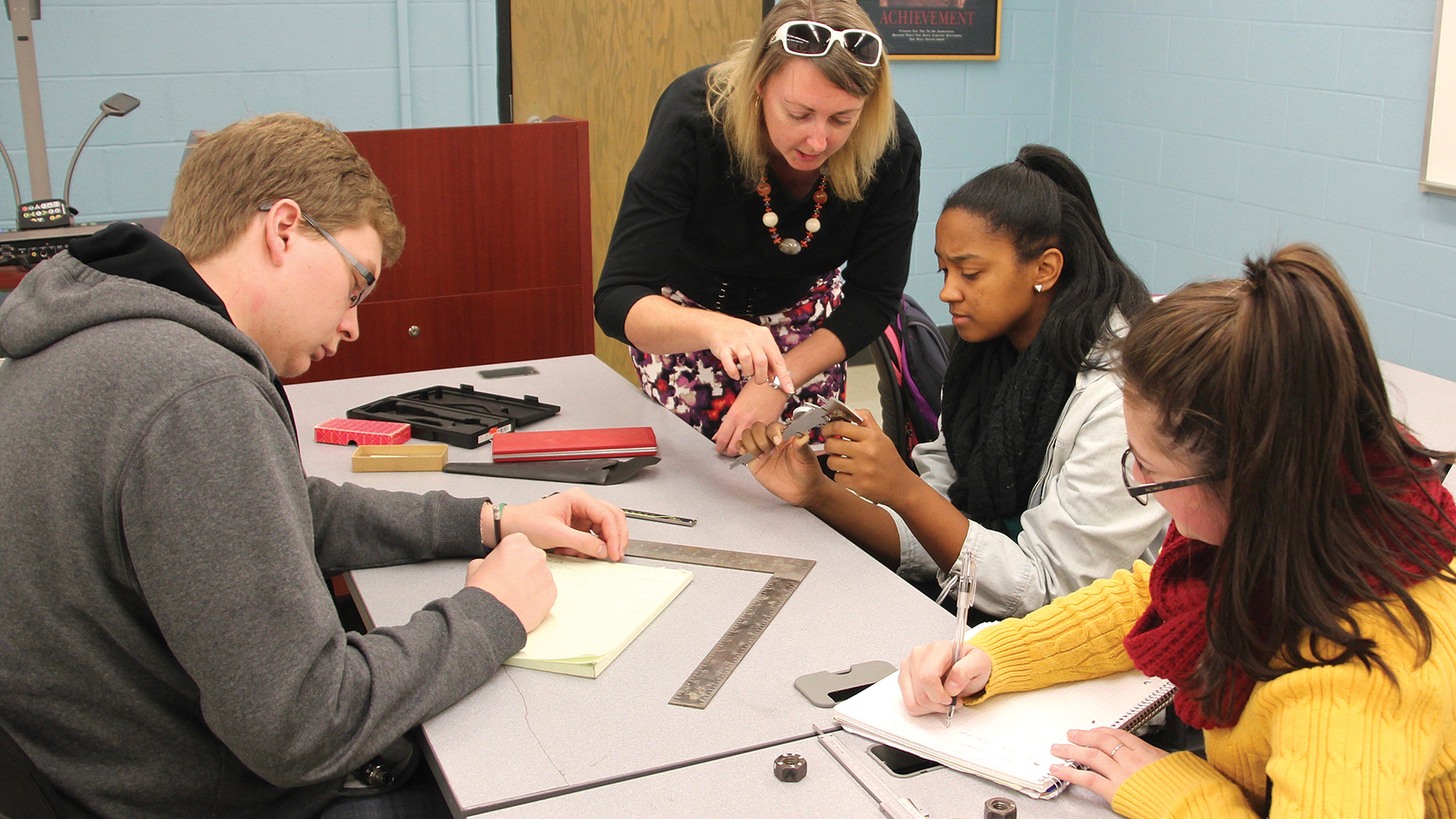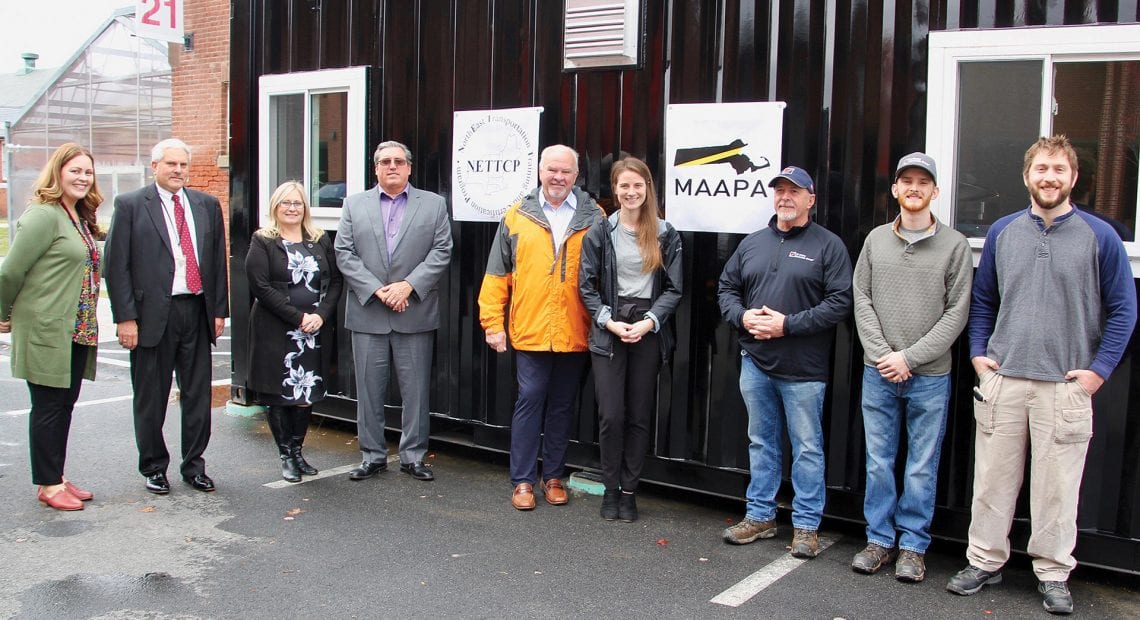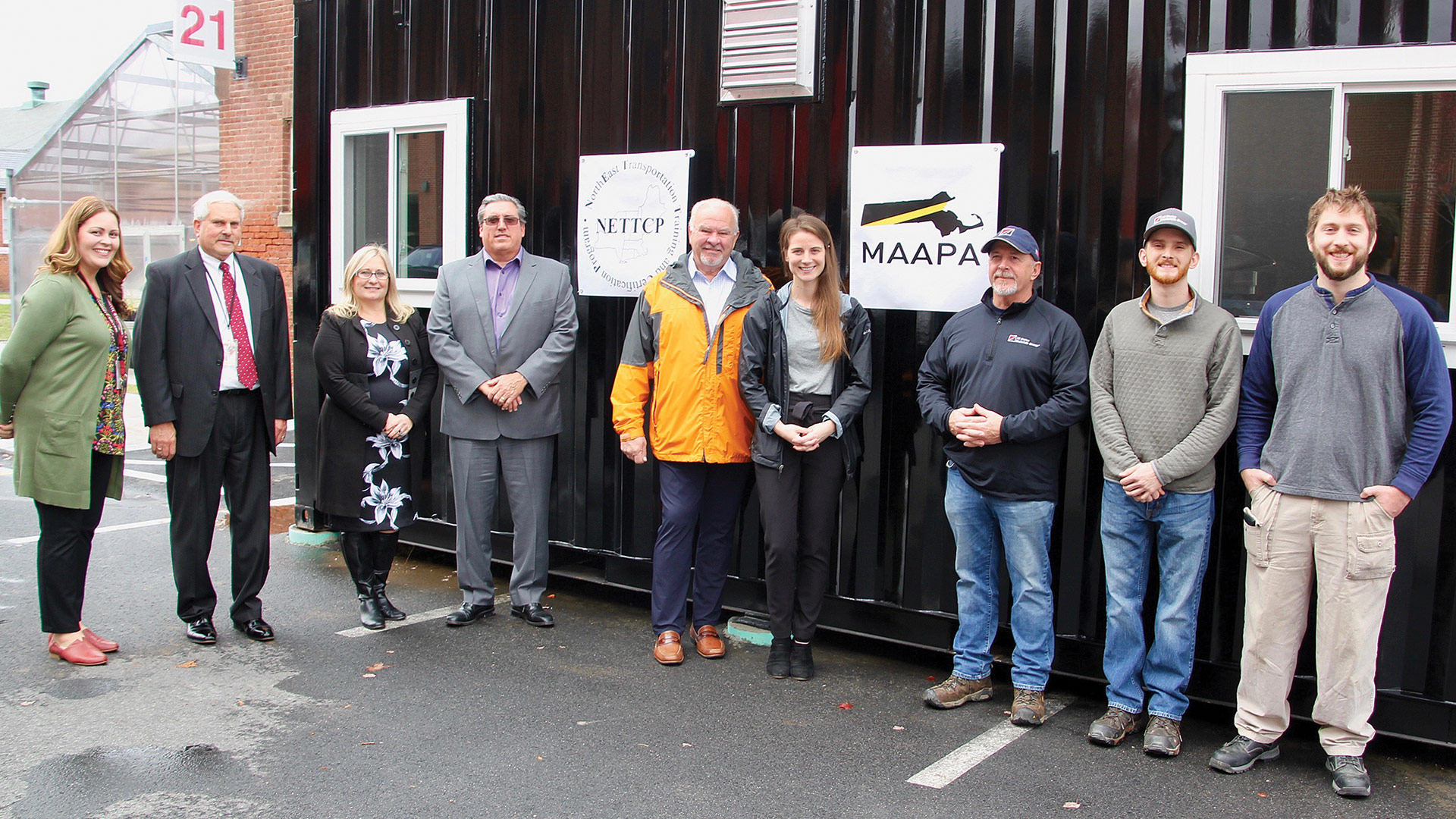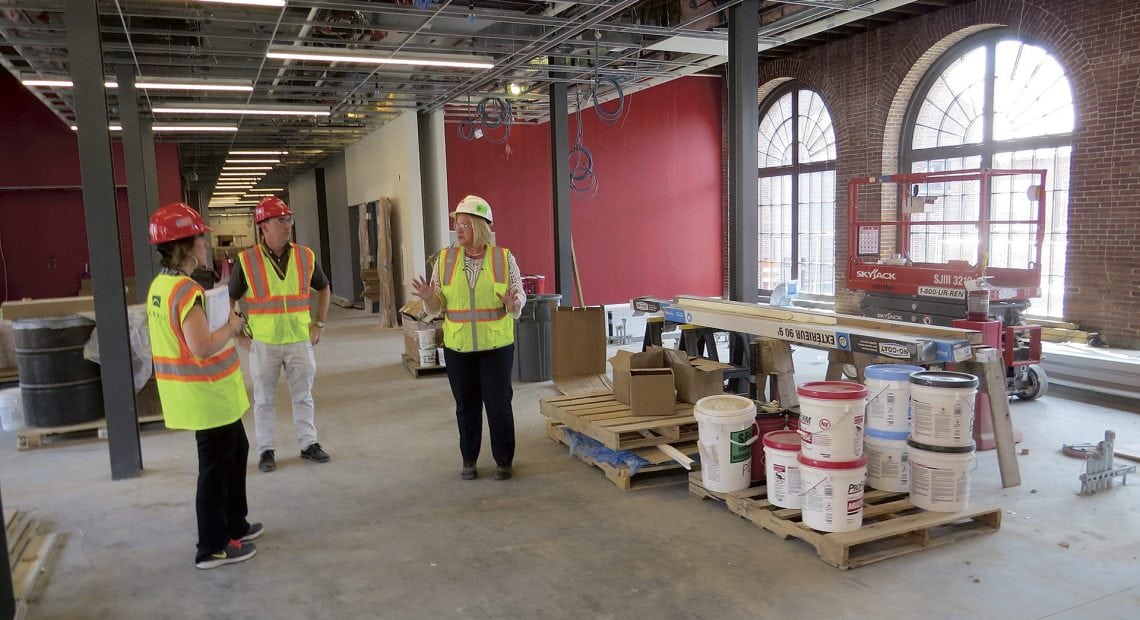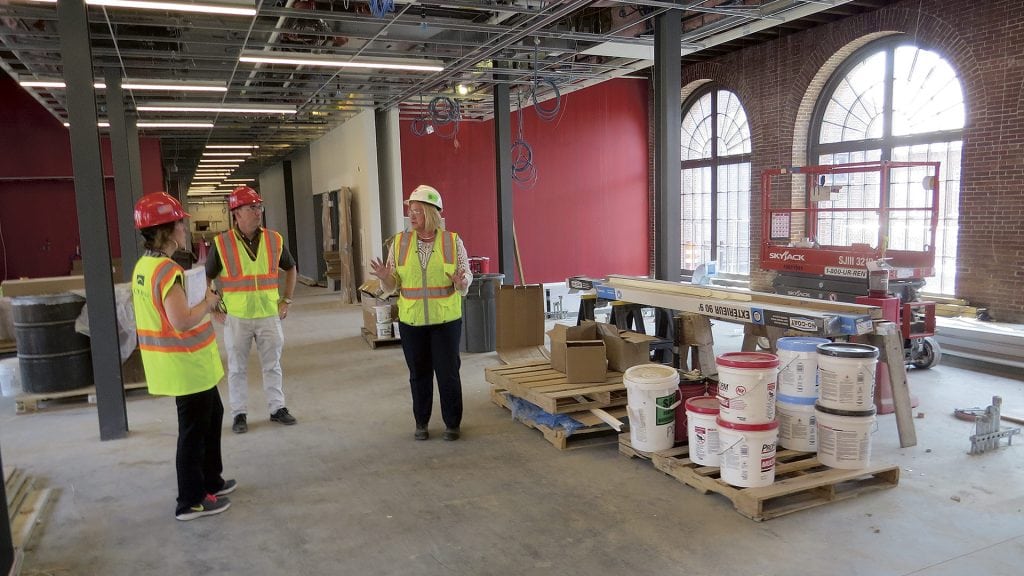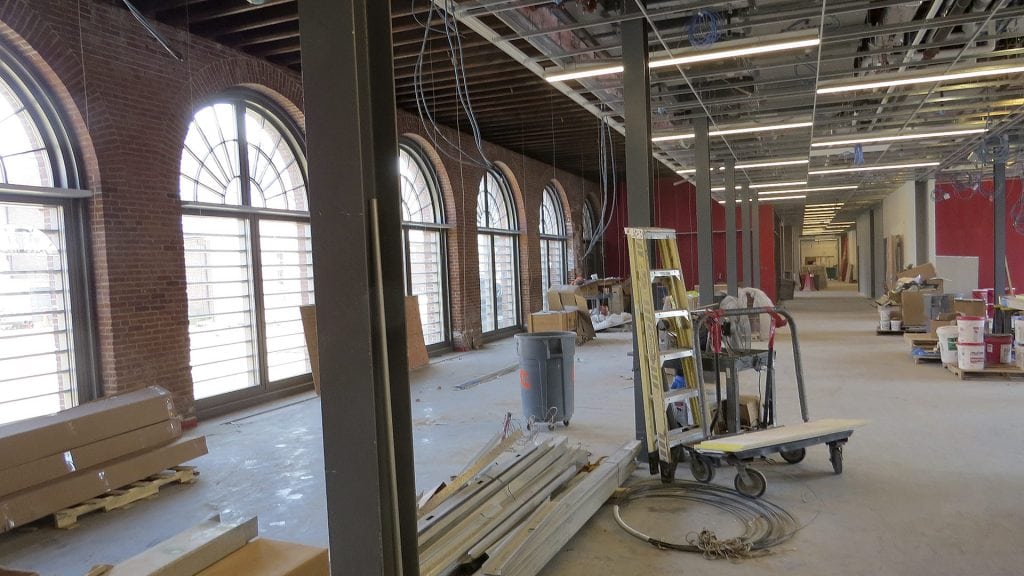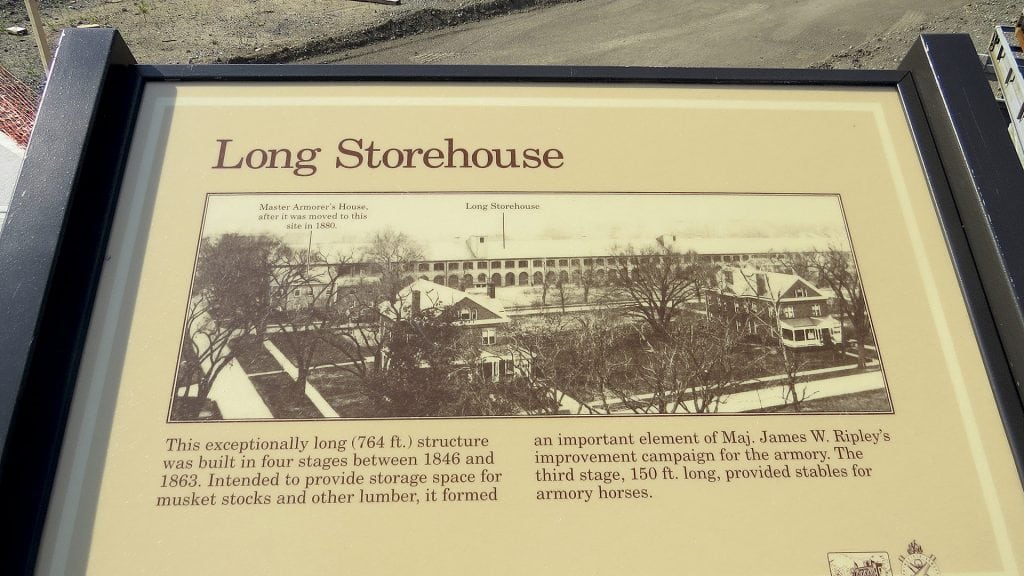Professional Development
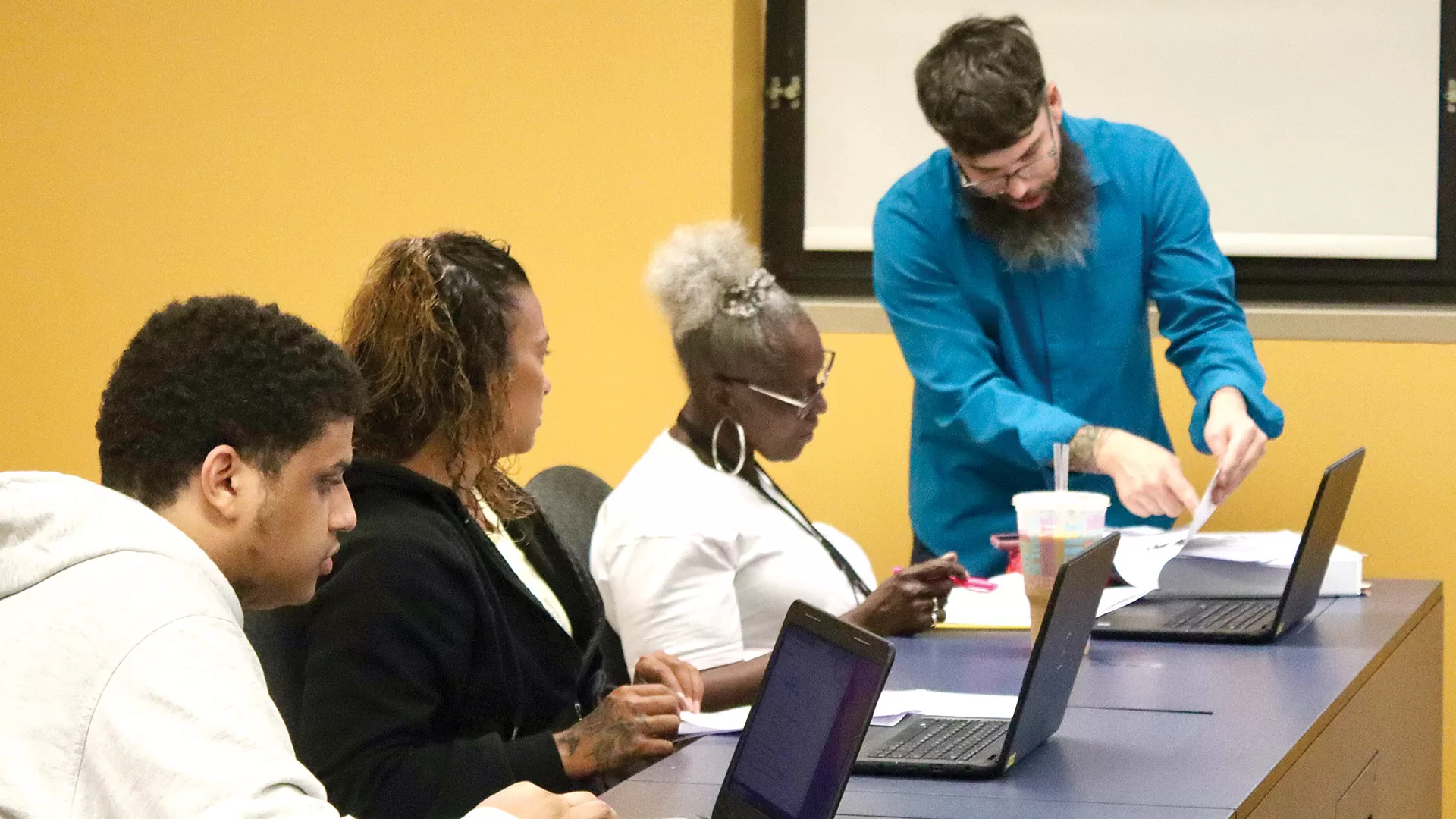
Ian Noonan teaches a workforce-development class at STCC.
It’s called the IT Academy.
Launching on March 12, it’s a new program within Springfield Technical Community College’s (STCC) Workforce Development Center that focuses on cybersecurity, a growing field with a constant need for new talent.
“We’re really excited about this one,” said Ian Noonan, STCC’s director of Instruction and Asssessment for Workforce Development, noting that the program will have full- and part-time options. “There is such a big need for that piece, and this is a pathway to build careers in IT and cybersecurity. We want to make it easier for folks trying to break in, maybe non-traditional students who are not going to college.”
Indeed, the Workforce Development Center (WDC) focuses its considerable energies on such students, who are not taking classes for college credit, but instead training for employment in fields that badly need a stronger pipeline of talent.
“We offer plenty of different workforce-development, certification-based programs,” Noonan said. “Some matriculate into credit-bearing courses, and some are ways to earn certifications.”
One of the more popular options is the certified nurse aide (CNA) program, which prepares students with entry-level job skills that allow them to enter the healthcare field and prepare for the state board examination to become a CNA.
Other healthcare options include phlebotomy technician, emergency medical technician, EKG technician, and a few options for people already working in healthcare, including phlebotomy certification, CPR basic life support, and dental radiology.
“We’re always looking at what the best needs are for the community and how best to support students in building skills, earning certifications, and getting hired.”
The WDC describes its offerings as “non-credit programs and classes meet the ever-changing technology and workforce demands of individuals, businesses, and industries in the region.”
Part of that role is coordinating with the STCC Career Services Center to provide internship opportunities as well as full- and part-time employment opportunities. Meanwhile, the programs and classes offered at the center include both instructor-led and web-based workforce training and certifications in a wide variety of areas, including advanced manufacturing, construction and project management, healthcare, skilled trades, IT/network certification, and certification and license preparation in areas like auto damage appraisal, drinking-water treatment and distribution, and ServSafe preparation for food handlers and managers.
“One of the bigger programs we do is a HiSET/GED adult-education program funded through the state on a five-year grant,” Noonan explained. “With that, we provide HiSET and GED prep courses, both day and evening, both in person and online, as well as for students who are just getting started. We run these sessions in eight-week programs.”
Help Where It’s Needed
Among other programs at the WDC, the Educators’ Academy provides a free, 10-week course to prepare participants for the job of paraeducator in the Springfield Public Schools. Para-educators work with teachers and other school staff to provide instructional assistance and classroom support.
Another free offering is the Hampden Prep program for basic computer use skills, which helps reduce the digital divide that keeps many individuals from accessing jobs. The course provides instruction in technology and digital literacy, and students work to improve their computer and job-ready skills as well as prepare to earn certificates.
Noonan said the WDC is also developing a green-jobs program to create a pathway to support another rising industry. “We’re always looking at what the best needs are for the community and how best to support students in building skills, earning certifications, and getting hired.”
It’s critical work, he added. “This is so important, not just for students, but for the community as a whole. We’re talking about students coming into these programs, especially for the HiSET or the GED, who weren’t successful in traditional schooling, and this is a great opportunity for them to build their academics and learn those skills they need to move into a career.”
One benefit of the Workforce Development Center is that students are assigned a college and career advisor as soon as they start classes.
“It’s incredibly rewarding work to meet our students where they are. That’s why we’re here.”
“Our students all have access to that,” Noonan said. “We’re able to support them with résumé development, interviewing skills, cover letters, anything that will help support our students with that next step.”
Students enrolled in programs at the center also get access to all the college’s resources, from disability services to the Center for Access Services, which assists with needs like food and housing assistance.
“The mission of the college is to transform students’ lives. And what we’re doing here at the Workforce Development Center sets the stage for students to transform their lives and create better lives for them and their families,” Noonan said. “We’re here to support them with whatever they need, with programs ranging from HiSET and GED prep to getting their master electrician certification. There’s a lot here to offer the community.”
Rewarding Work
Noonan said it has been personally gratifying to him to see the impact the WDC has on people who may have walked an erratic path to get an education, or may have previously struggled with high school or college, but are now able to take the first steps toward a fulfilling career.
“It’s been great work, getting to see student success from day to day, seeing students who may not have been successful with traditional schooling be successful,” he told BusinessWest. “It’s incredibly rewarding work to meet our students where they are. That’s why we’re here.”



